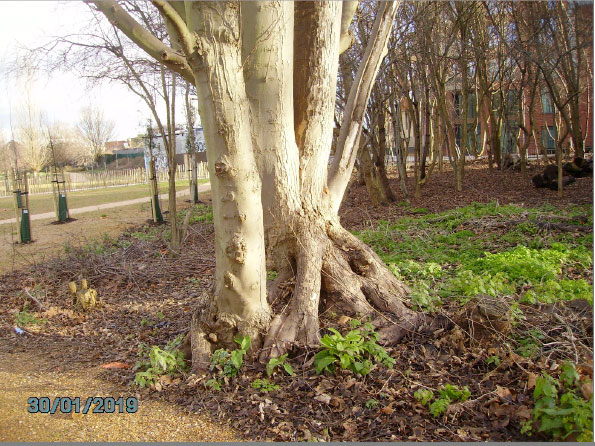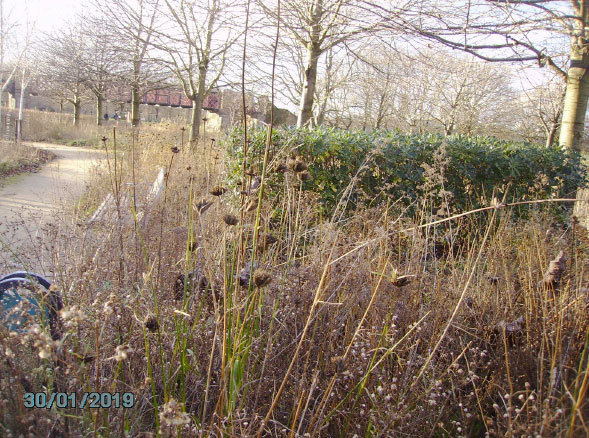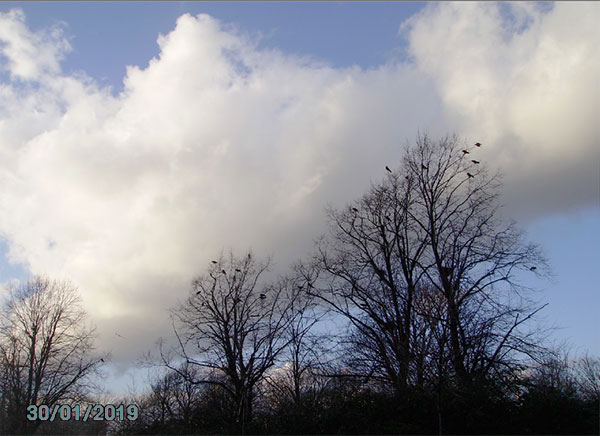
A murder of crows
Perhaps, if crows were brightly coloured, they would be loved instead of feared. Part of the Corvid family which includes magpies, ravens, jays and jackdaws they are arguably the most intelligent and fascinating of all birds. I have watched them fly off with a chicken’s egg, wash the salt off a chip in a puddle before eating it and mobbing a fox. Set aside an hour to watch this brilliant documentary which will make you view crows in a whole new light.
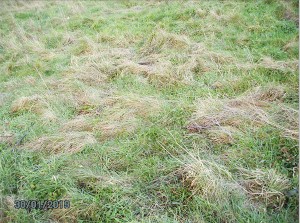 Just a piece of unkempt turf on the common that is providing shelter, protection and food for next summer’s butterflies, grass-hoppers and maybe the odd frog.
Just a piece of unkempt turf on the common that is providing shelter, protection and food for next summer’s butterflies, grass-hoppers and maybe the odd frog.
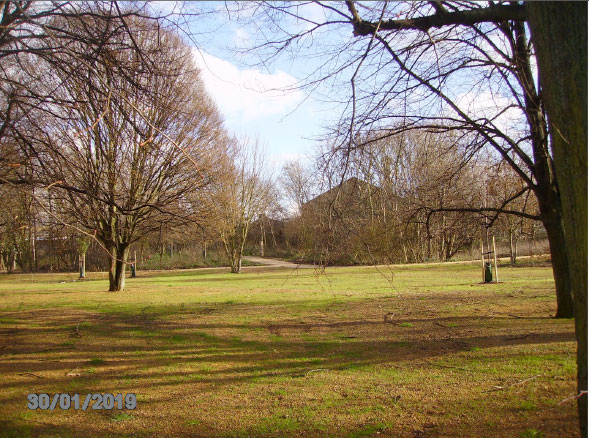
We don’t hear so much about acid rain these days, but it’s still there, scrubbing clean the tree trunks of moss and lichen, so a treat to see this.
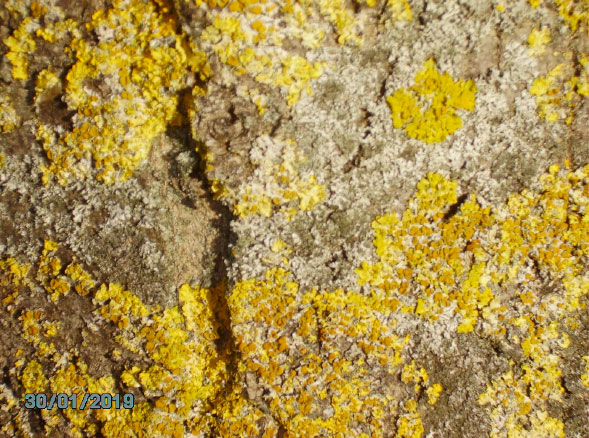
Not one organism, but two, a fungus and an alga that can’t live without each other. The fungus provides the structure and the algae make the sugar. There are many different species of Lichen. It’s not feeding on the tree, but is affected by the acidity of the water running off the bark . You will find Lichen on brick and stone, glass, metal ,leather surfaces too.
Lichen is used to make Litmus paper. Dies are extracted and added to filter paper so that it turns red in acid conditions and blue in alkaline. Some lichens contain Usinic acid which is anti-inflammatory, anti-microbial and attacks cancer cells. Unfortunately, it also damages the liver.
Still some lingering seed heads from last year’s spectacular display in St George’s Gardens. Many seeds have a protective coating and won’t germinate until they have been exposed to frost. This keeps them fresh and hydrated ready to send out new roots into the warm moist spring soil.

